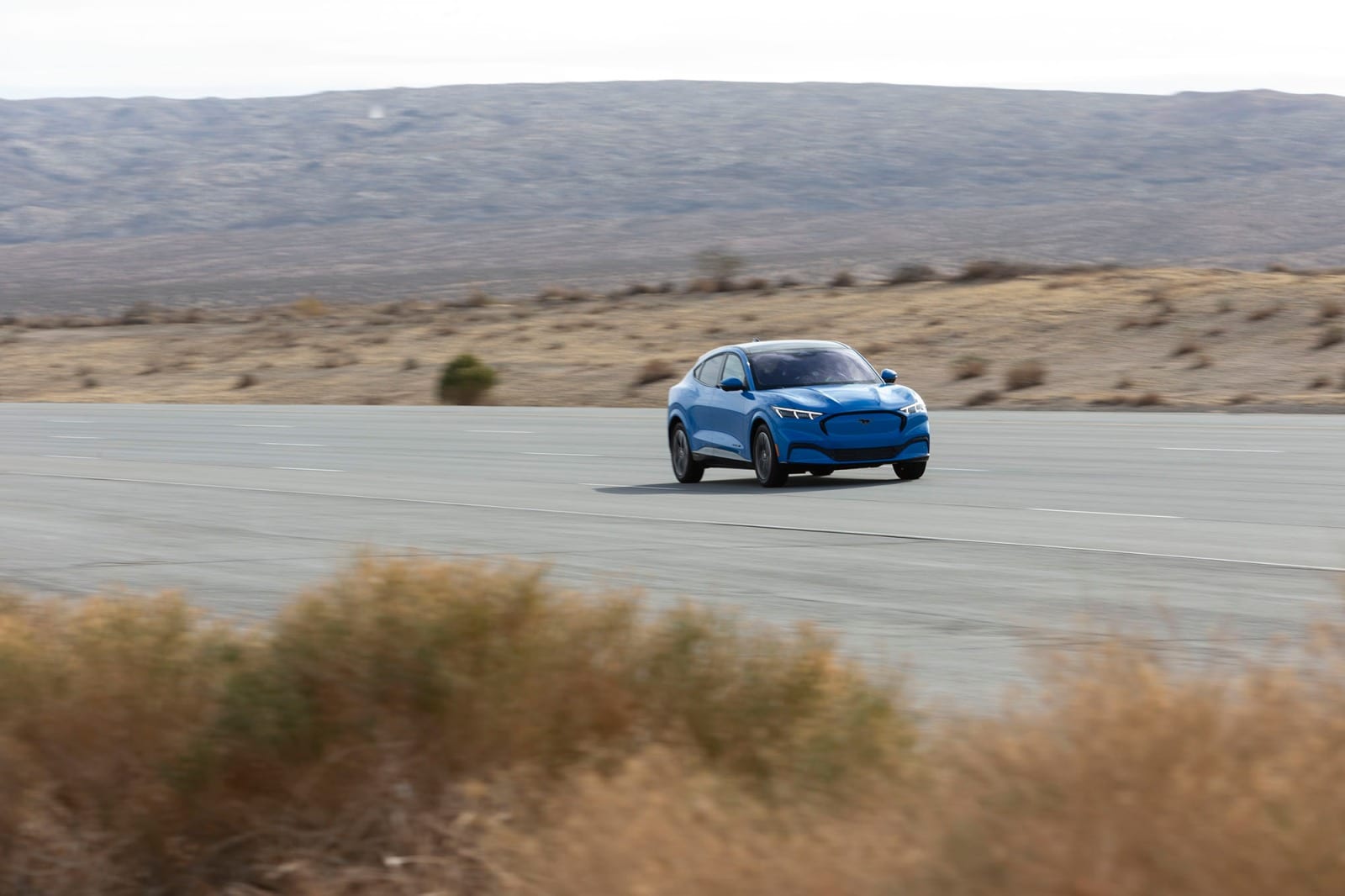I find the specs highly suspect. Unless ford has a transmission for the electric motor, which it wont since this has in hub motors, getting 300 miles of range out of a big bulky heavy truck is going to need rediculous batteries. When towing or even just going highway speeds I wouldnt expect more then 200 miles out of the big battery.
No, an EV Bronco. Imagine a 4x4 with 'true' 4WD. Wheel motors, and perfect torque exactly when and where you need it - and never where you don't.
That's called AWD, and off road guys do NOT want that. You want true 4x4, which locks all the wheel sinto the same speed all the time rather then a computer trying to shift power around. You cant predict where the power will be in an AWD system, you can with a proper 4x4 setup where the wheels are physically joined together and forced to spin the same speed. That's why off road guys still use old jeeps and side by sides when off roading.
When the aluminum-graphene doped batteries, or something that increased battery durability like them, finally make it to production, assuming they can be scaled up, it should increase the range about one third and speed up charging times many fold, so traveling in an EV won't be a potential horror story. Charging stations need to be standardized also. That is when I'll think about an EV for my next vehicle.
I'll think of an EV when I can either
A) get 600+ miles of REAL WORLD distance, not "estimated range" ona charge with current 4-8 hour full charge times, or
B) full charge times down to sub 15 minutes
And once chargers become universally available in any parking spot, town city, or anywhere else you may travel, all for the price of current gas cars.
*10,000 pounds of towing.
*0-60 in 5 seconds or less.
*$40,000 starting price.
An EV "Truck" addresses pretty much all of my issues with EV in general.
#1 It's huge and spacious.
#2 It's "energy efficient". Being able to simply plug it in to my house' 220v rather than have to go to a gas station for $3 gas is unbeatable. It might cost me $30 a month to drive it.
#3 It's got a larger amount of space for more batteries which gives it more Range. 300 MILE Range is really good. I drive, regularly, no more than about 50 miles per day.
#4 The Price, starting at $40,000, is unbeatable. Even at $60,000 I'd be saving a lot of money.
The reason I like Ford's approach over Tesla's is that Ford is a larger company that will more than likely make the EV Truck feel like a standard truck.
Tesla doesn't give you ****in window switches, steering column switches or seat adjustments in the Model 3 and Model Y - unless you go to the touchscreen for everything. I want EV that have the cabin features of a regular car.
Aa a shareholder, I applaud this product as well as the Mustang EV.
Now they need to make an EV EXPLORER.
Musk has stated before that you shouldnt expect electric vehicles to be cheap to fuel. Currently tesla charges $0.46/kWh at their superchargers. If this truck had a total capacity of 240kWh, it would cost $113 to fill up. At $3.50 a gallon, a vehicle getting only 10 MPG would be cheaper to run.
As more EVs are adopted, electricity costs will go up. They're already on the rise nationwide. Electric motors are great, but batteries are not worth their weight in scrap metal, and unless we go full france and start building modern nuke plants and upgrading our infastructure EVs are going to have a long uphill battle to fight.
“the strongest steel ever put in an F-150 frame,”
- Does this mean that Ford's been skimping out until now?
No. The F-150 has always been a consumer truck, in the 1/2 ton class. They have never exceeded 6000 lbs, and 905 of the time dont exceed 5500lbs.
This electric truck weighs over 7500 lbs. That is 1 ton F-450 dually territory. The weight of those batteries means the F-150 needs a frame strong enough to hold them, which means metal typically reserved for heavy duty applications.





